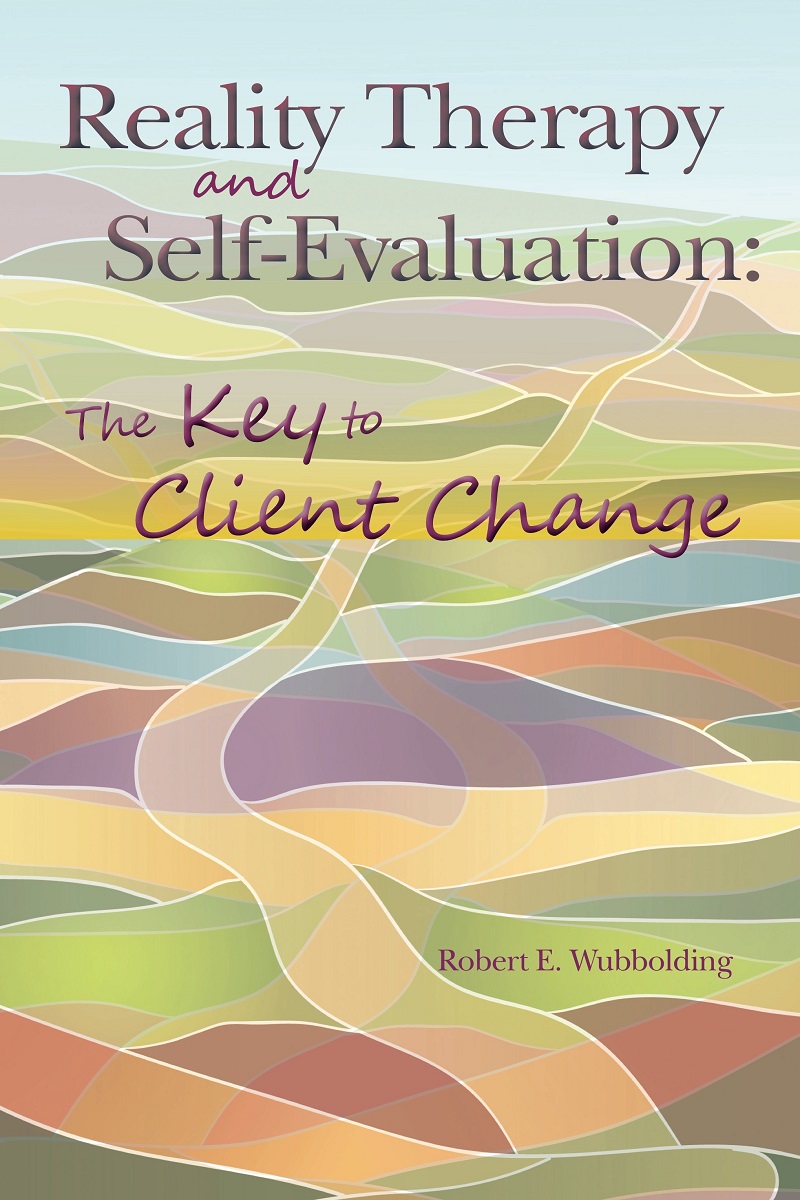About Reality Therapy
Reality Therapy is a practical method of helping people take better control of their lives. It assists people in identifying what they want and what they need and then in evaluating whether they can realistically attain what they want. It helps them examine their own behaviors and evaluate them with clear criteria.
This is followed by positive planning designed to help control their lives as well as fulfill their realistic wants and needs. The result is added strength, increased self-confidence better human relationships, and a personal plan for a more effective life. Reality therapy provides people with a self-help tool to use daily to copy with adversity to grow personally, and to gain more effective control of their lives.
Reality therapy is based on choice theory, a systematic explanation of how the human mind works. According to choice theory, human beings choose many of their behaviors in order to satisfy innate human needs: self-preservation or survival, belonging and love, achievement or power or inner-control, freedom or independence, and fun or enjoyment.
Among the philosophical underlying principles of reality therapy are the following:
- People are responsible for their own behavior: human beings -- not society, not heredity, not history -- determine their own choices.
- People can change and live more effective lives.
- People need not remain victims of external forces, neither do they need to wait for the rest of the world to change before being able to satisfy their own needs.
- People generate behavior and make choices for a purpose: to mold their environment -- as a sculptor molds clay -- to match their own inner pictures of what they want in order to satisfy the five needs described above.
- WDEP, a pedagogical tool, summarizes reality therapy and provides a memory peg for retaining, applying and implementing the principles of reality therapy and its theoretical base, choice theory.



